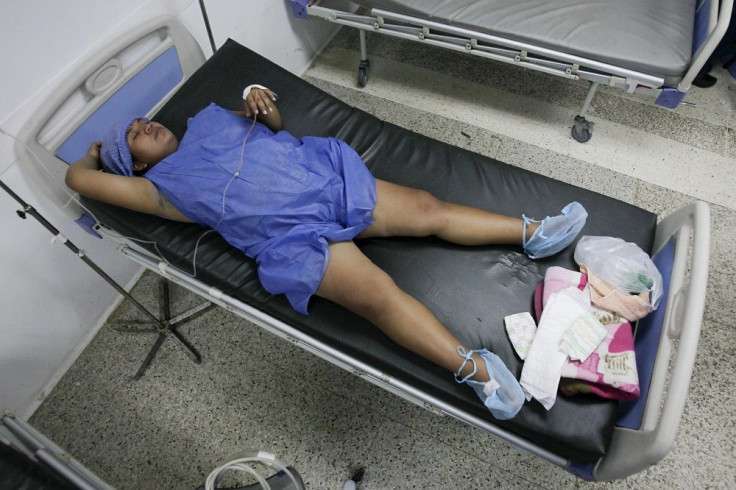Aussie blogger reveals secret to pleasurable way of getting rid of labour pain

Many people do it, but some religions disapprove the practice. Medical experts also say that pleasuring one’s self minus a sex partner has health benefits.
Citing a Kinsey Institute study, WebMD lists five benefits of masturbation for women. A female blogger, in a post on Feb 16, added a sixth benefit in addition to what many – such as about 50 percent of American women aged 18 to 49 who do it at least once every three months – already know and enjoy.
The additional benefit is relieving labour pain, according to Angela Gallo, whose blog titled “Untethered Beginnings for the Birthing Woman,” lists her profession as a Melbourne and Mornington Peninsula doula and birth photographer. A doula is a trained and experienced professional who gives continuous physical, emotional and information support to a woman before, during and just after birth. In many cultures and countries, that would be equivalent to a midwife or a nursing woman.
Gallo listed six reasons why relying on epidural for pain relief during childbirth does not result in perfect delivery of babies, such as availability of an anaesthetist when needed, epidurals allegedly sabotaging natural labour and slowing or even stopping a natural process and boosting chances of a surgical or instrumental birth. Then there’s the risks and side effects to consider.
Instead of epidurals, Gallo recommends for women to masturbate during labour to get hormones associated with pleasure, such as oxytocin, endorphin and adrenaline, in action. She reasons out that these are the same hormones that were activated while the mother was creating the baby, together with the father, so the same hormones could be tapped when the product of coitus comes out.
Gallo also reminds women that masturbation (and sex if there is a partner) is a good way to relieve headache, hangover or insomnia. In recommending stimulating the vagina or clitoris, which makes these parts of the female genital less sensitive to pain caused by the labour, the blogger cites a 1988 book by Barry Komisaruk who published a study about the practice in the Journal of Sex Research, providing scientific basis.
Komisaruk, a psychology professor at Rutgers University, explains, “We’ve seen that there is a strong inhibition of the response to pain during orgasm. What that leads us to think is there is some kind of very important interaction between the orgasmic experience and the pain experience.” Debra Pascali Bonaro, also a childbirth expert, cites another Rutgers professor and a sexologist, Beverly Whipple, who states that when women masturbate to orgasm, pain tolerance and pain detection thresholds went up significantly by 74.6 percent and 106.7 percent, respectively.
Gallo also cites Komisaruk’s study on lab animals which discovered that “vaginal stimulation blocked the release of pain transmitter called Substance P. In other words, the sensory neurons tasked with transmitting their message of ‘ouch!’ to the central nervous system are stymied from the get-go.’”
Bonaro cites another author, Sarah Buckley, in the book “Gentle Birth Gentle Mothering,” who writes that oxytocin, the hormone of love, is released during sex and birth, in huge quantities. However, she warns that the system is also extremely vulnerable to interference, a likely reference to epidural.





















